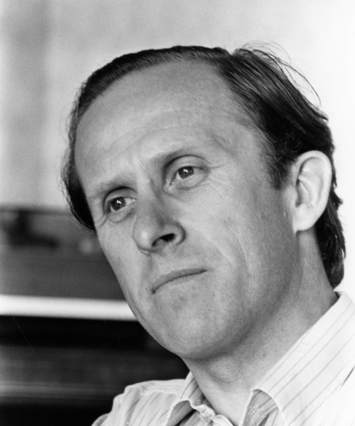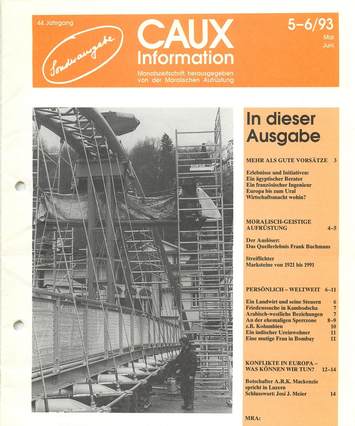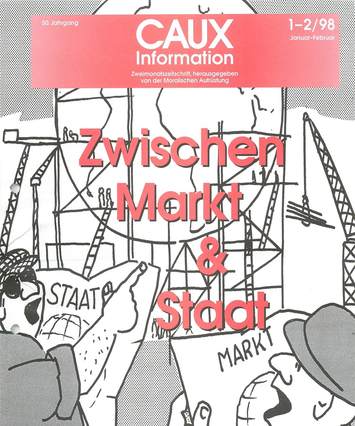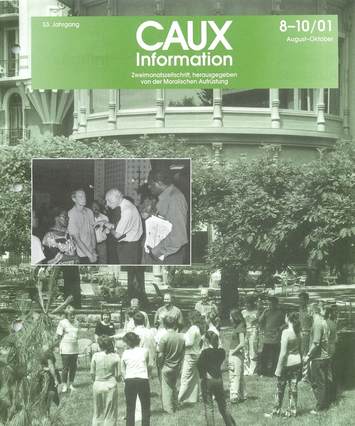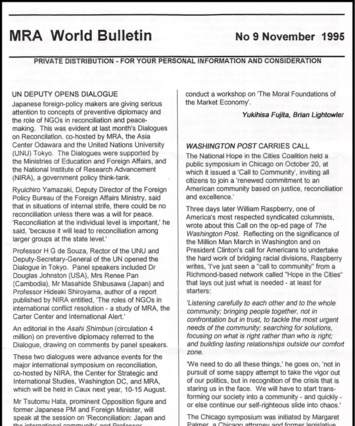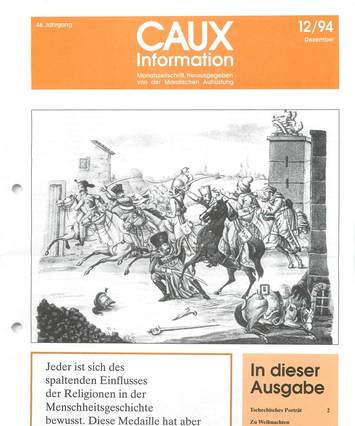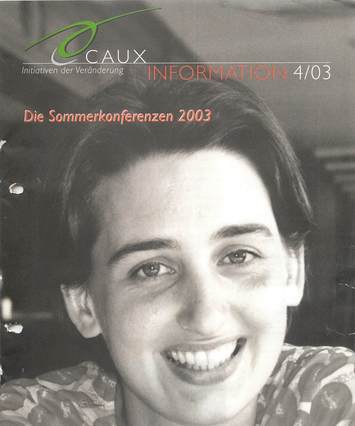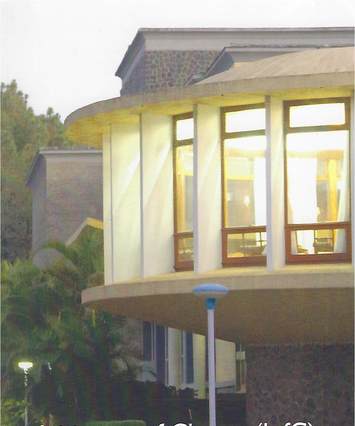Williams was the National Secretary of a unique country-to-country twinning between Wales and the Kingdom of Lesotho. While many towns and cities are “twinned” across the world, establishing cultural links, Paul Williams was a key moving spirit behind the world’s first, and probably only, country-to-country twinning. The Wales-Lesotho Link, known in Welsh as Dolen Cymru, was launched in 1985. It was sustained on the Welsh side by a voluntary national committee. Williams was its national secretary for 21 years, from its inception till 2004.
Dolen Cymru was launched at a time when Wales had no representative assembly and no immediate prospect of one. The unique country-to-country link with the Kingdom of Lesotho in Southern Africa had to be sustained by the goodwill of individuals, organisations and institutions throughout Wales, which Williams worked to co-ordinate. They aimed, in dealing with the Lesotho Government, to ‘speak for Wales’.
Welsh teachers went for six months of classroom teaching in Lesotho schools, passing on best teacher practice, and regular shorter exchanges were held between teachers from 100 Welsh schools and Lesotho schools to establish links between them. Welsh Assembly members and Lesotho MPs and Senators, including the Lesotho Minister of Education, made exchange visits between the two countries. Williams was at the heart of all these developments.
As a teenager at a Christian summer camp, he felt an overwhelming tug to surrender his life ‘to a God who loved me so much’—an emotional experience which left him feeling as if he had been wrapped in a bright cloud, he said. Yet he came to realise that, while genuine, it was devoid of any suggestion that a change in his lifestyle might be needed. That came a year later when a touring industrial play, The Forgotten Factor, came to Rotherham, Yorkshire, where Williams’ father was a Congregational minister. The spirit of God was the forgotten factor in the relationship between management and labour in the play. Afterwards Williams and his elder brother, Hugh, met the cast and stage crew. ‘It all took my breath away,’ Paul commented. The two boys decided to review their lives. For Paul this meant an ‘honesty session’ with his father and straightening things out with Hugh, for whom Paul had felt an unacknowledged jealousy, living in his shadow. His new-found Christian faith was further strengthened when, on leaving school, he attended a conference in the Swiss Alpine village of Caux.
Williams spent two years in national service in the army before going up to University College, Oxford in 1957 to read Modern History. On graduation in 1960, he decided to work with Initiatives of Change, in India for eight years, where he was a regular correspondent for Himmat newsweekly in Mumbai, and then in Wales, where he learnt Welsh. ‘From the start of my 31 years there I was acutely aware that such a small country had so many divisions—yet so much potential,’ he commented.
He was a regular correspondent for For A Change magazine, published in London by Initiatives of Change, editing its Turning Points column and writing about the impact of Dolan Cymru.
Williams married Elizabeth Warrington in 1972 and had two daughters.




